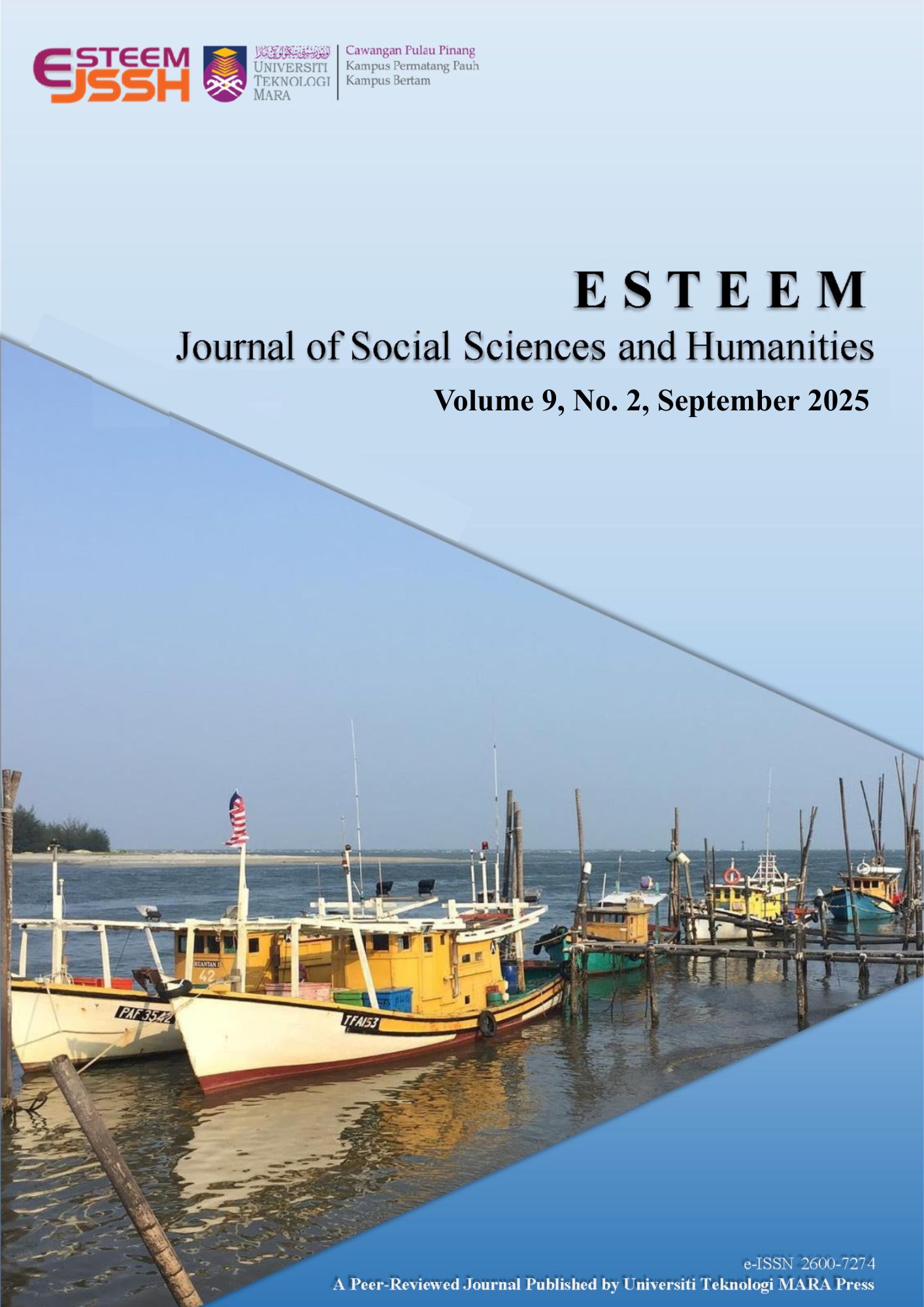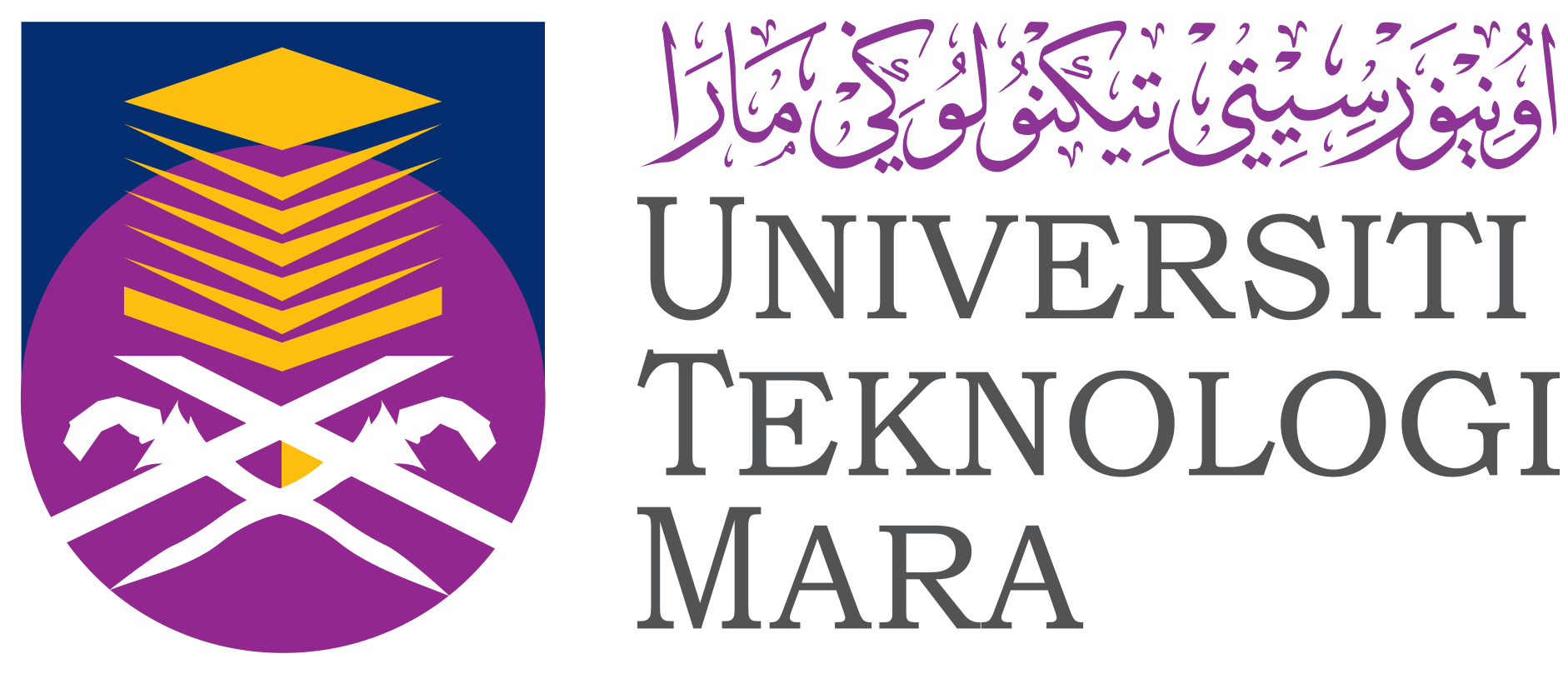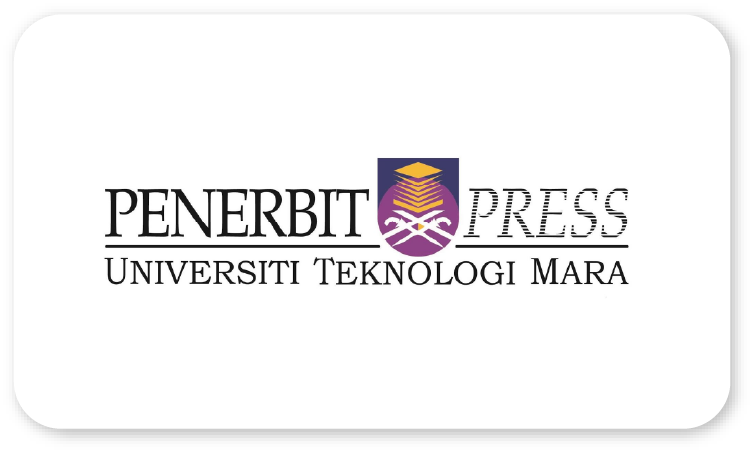
Malaysian Heritage Food: Tourist Perception on Food Culture, Knowledge, and Lifestyle in Tioman and Perhentian Island
Asma Izlyn Izhar
Faculty of Hospitality and Tourism Management, University Teknologi MARA, Cawangan Pulau Pinang, Kampus Permatang Pauh, 13500 Pulau Pinang, Malaysia
Norashikin Ramli
Faculty of Hospitality and Tourism Management, University Teknologi MARA, Cawangan Pulau Pinang, Kampus Permatang Pauh, 13500 Pulau Pinang, Malaysia
Mas Affandy Mashuri
Faculty of Hospitality and Tourism Management, University Teknologi MARA, Cawangan Pulau Pinang, Kampus Permatang Pauh, 13500 Pulau Pinang, Malaysia
Nur Syazana Yildirim
Faculty of Hospitality and Tourism Management, University Teknologi MARA, Cawangan Pulau Pinang, Kampus Permatang Pauh, 13500 Pulau Pinang, Malaysia
Nur Nadia Maisarah Mohd Fisol
Faculty of Hospitality and Tourism Management, University Teknologi MARA, Cawangan Pulau Pinang, Kampus Permatang Pauh, 13500 Pulau Pinang, Malaysia
Ahmad Redhuan Abu Bakar
Faculty of Hospitality and Tourism Management, University Teknologi MARA, Cawangan Pulau Pinang, Kampus Permatang Pauh, 13500 Pulau Pinang, Malaysia
Noorsa Riza Johari
Faculty of Hospitality and Tourism Management, University Teknologi MARA, Cawangan Pulau Pinang, Kampus Permatang Pauh, 13500 Pulau Pinang, Malaysia
Abstract
The Malaysian culinary traditions, passed down through generations, have contributed to the global recognition of MHF as a distinctive cuisine. However, the similarities between Malaysian food and that of neighbouring countries underscore the need to strengthen and preserve a culinary identity that is both idealistic and uniquely Malaysian. Nowadays, Malaysian Heritage Food facing modernization and having significant problems maintaining its authentic cultural values. This study examines the relationship between food culture, lifestyle, and tourists’ knowledge in shaping perceptions of MHF in Tioman and Perhentian Islands. Application of quantitative methodology, data sampling was collected via online survey. Random and purposive sampling method yield 351 respondents. Pearson correlation reveal that tourists’ knowledge and lifestyle have strong positive correlations towards perceptions of MHF. Whereas food culture shows a weak and insignificant relationship towards perception of MHF. These results suggest that while cultural heritage remains important, knowledge transmission and lifestyle practices play a more decisive role in sustaining MHF’s appeal. The study highlights the need for educational initiatives, culinary tourism strategies, and policy measures to strengthen the preservation and promotion of MHF in the face of globalization
Keywords: Malaysian Heritage Food (MHF), Food Culture, Knowledge, Lifestyle, Tourist Perception
DOI:
References:
Ahmad Shariff, S. N. F., Omar, M., Jalis, M. H., & Indriastuti, M. (2024). Exploring the Impact of Malaysia’s Culinary Heritage on Tourism and Economic Development. Environment-Behaviour Proceedings Journal, 9(30), 139–144. https://doi.org/10.21834/e-bpj.v9i30.6198.
Almansouri, M., Verkerk, R., Ab Karim, S., Abdul Raji, M. N., Ismail, N., Nugrahedi, P. Y., & Luning, P. A. (2025). Safety and authenticity practices in heritage food production in home-based and commercial catering: A multiple country case study. International Journal of Gastronomy and Food Science, 39, 101136. https://doi.org/10.1016/j.ijgfs.2025.101136.
Bessière, J. (2002). Local development and heritage: Traditional food and cuisine as tourist attractions in rural areas. Sociologia Ruralis, 38(1), 21–34. https://doi.org/10.1111/1467-9523.00061
Bolarinwa, O.A (2015). Principles and methods of validity and reliability testing of questionnaires used in social and health science research. Niger Postgraduate Medical Journal 22:195-201
Brulotte, R. L., & Di Giovine, M. A. (Eds.). (2016). Edible identities: Food as cultural heritage. Routledge. https://doi.org/10.4324/9781315578781
Duruz, J., & Khoo, G. C. (2015). Eating together: Food, space, and identity in Malaysia and Singapore. Rowman & Littlefield.
Erdfelder, E., Faul, F., & Buchner, A. (1996). GPOWER: A general power analysis program. Behavior Research Methods, Instruments, & Computers, 28(1), 1–11. https://doi.org/10.3758/bf0320363
Everett, S. (2016). Food and drink tourism: Principles and practice. SAGE Publications. https://doi.org/10.4135/9781473982871
Francisco, C. B. (2012). Traditional Delicacies in Malaysia You’d Want to Taste [Web blog]. Retrieved from http://www.brighthubeducation.com/social-studies-help/123358- traditional-delicasies-of-malaysia/.
George, D., & Mallery, P. (2018). IBM SPSS statistics 25 step by step: A simple guide and reference (15th ed.). Routledge.
Ishak, N., Ismail, A., Saad, M., & Ramli, A M. (2021). Researching Kedah's Malay Heritage Food Tradition and Eating Culture., International Journal of Academic Research in Business and Social Sciences, 11(16)., 140–154. https://doi.org/10.6007/ijarbss/v11-i16/11224
Kwik, J. (2008). Traditional food knowledge: A case study of an Immigrant Canadian "foodscape". Journal of Environments, 36(1), 59–74
Lenzerini, F. (2011). Intangible cultural heritage: The living culture of peoples. European Journal of International Law, 22(1), 101–120. https://doi.org/10.1093/ejil/chr006
Ng, C. Y., Karim S.A., (2016). Historical and contemporary perspectives of the Nyonya food culture in Malaysia. Jornal of Ethnic Foods, 93-106.
Omar, S. R., & Omar, S. N. (2018). Malaysian Heritage Food (MHF): A Review of Its Unique Food Culture, Tradition and Present Lifestyle. International Journal of Heritage, Art and Multimedia, 1 (3), 01-15.
Omar, S.R., Karim, S.A., Bakar, A.Z.A. and Omar, S.R. (2015). Safeguarding Malaysian Heritage Food (MHF): The Impact of Malaysian Food Culture and Tourists’ Food Culture Involvement on Intentional Loyalty. Procedia - Social and Behavioral Sciences, 611– 618
Perry, C. (2017). Food and identity in Southeast Asia. Routledge.
Raji, M. N. A., Karim, S. A., Che Ishak, F. A., & Arshad, M. M. (2017). Past and present practices of the Malay food heritage and culture in Malaysia. Journal of Ethnic Foods, 4 (4). pp. 221-231. https://doi.org/10.1016/j.jef.2017.11.001
Rashid, N. F.K., (2021). Malaysian heritage food foodways among young generation. Malaysian Journal of Social Research, 10(1), 88–97. Proceeding of 8th International Research Management and Innovation Conference (8th IRMIC 2021)
Scovazzi, T. (2019). The UNESCO Convention for the Safeguarding of the Intangible Cultural Heritage. General Remarks. In: Petrillo, P.L. (eds) The Legal Protection of the Intangible Cultural Heritage. Springer, Cham. https://doi.org/10.1007/978-3-319-72983-1_1
Sharif, M. S. M., Zahari, M.S.M., Nor, N.M., Muhammad, R. (2016). The Importance of Knowledge Transmission and its Relation towards Malay Traditional Food Practice Continuity. Procedia - Social and Behavioral Sciences, 222, 567-577
Soon, I. & Lazaroo, S. (2017). United in Our Love for Food, Nation, The Star. 31 August 2017. Retrieved 9 November 2023, from https://www.thestar.com.my/news/nation/2017/08/31/united-in-our-love-for-food/



